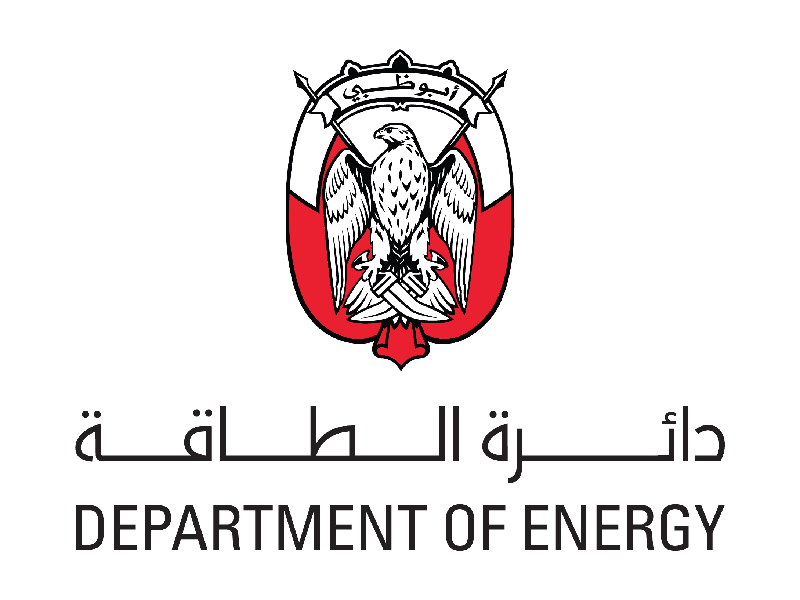
The Petroleum Products Trading Regulation Committee convened its second meeting of the year 2025, chaired by H.E. Dr. Saif Saeed Al Qubaisi, Acting Director General for Regulatory Affairs at the Department of Energy, with the participation of 25 federal and local government entities.
The meeting agenda included a series of discussions and presentations showcasing the efforts undertaken by various stakeholders to regulate the trading of petroleum products across the Emirate. The committee agreed to implement and monitor several key recommendations in line with the applicable legislation, including Federal Law No. (14) of 2017, and its Executive Regulations issued under Cabinet Resolution No. (35) of 2019, in addition to Law No. (5) of 2023, concerning the regulation of petroleum product trading activities within the Emirate of Abu Dhabi.
Key discussion points focused on enhancing safety measures and improving the efficiency of monitoring, storage, and inspection processes related to petroleum products. The committee reviewed a proposal to improve petroleum product testing reports through fixed and mobile facilities to ensure sample quality. Additionally, the committee discussed evaluating gas cylinder storage sites to identify safer alternatives in coordination with relevant entities.
Efforts to ensure compliance with UAE specifications were also addressed, highlighting the role of the Ministry of Industry and Advanced Technology and the activation of the "MANAA" platform for reporting non-compliant products. In support of digital oversight, the Integrated Transport Centre presented the "ASATEEL" system for tracking petroleum transport vehicles and managing permits. The meeting also covered inspection mechanisms presented by the Abu Dhabi Civil Defence Authority, as well as a roadmap by the Department of Economic Development to enhance transparency and compliance in the licensing process for companies engaged in petroleum product trading.
At the conclusion of the meeting, the committee issued several recommendations aimed at boosting the efficiency of regulatory oversight. These included conducting a technical study on inspections at border checkpoints, coordinating joint inspection campaigns among concerned authorities to enhance field monitoring, and accelerating the integration of digital systems across government entities to ensure data interoperability and swift response times.
The committee also emphasized the importance of streamlining the permit issuance process and strengthening coordination to control non-compliant products through a unified national platform that supports compliance and protects the local market.
These efforts underscore the Committee’s commitment to reinforcing the regulatory framework, ensuring public safety, and advancing sustainable institutional coordination across the Abu Dhabi.
